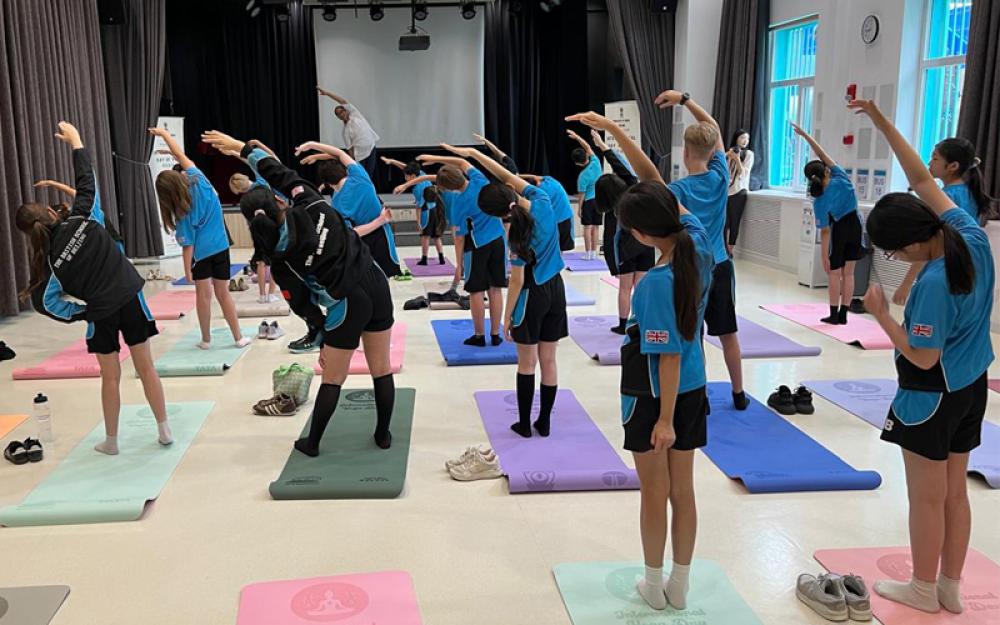Just Earth News | @Just Earth News | 14 Nov 2017, 04:22 am Print

UNICEF/Amer Al Shami
New York, Nov 13(Just Earth News): Amid worsening humanitarian, health and security situation in Syria's besieged eastern Ghouta, the United Nations health agency has demanded that all parties to the conflict stop attacks on civilians, facilitate immediate medical evacuations, and allow safe passage of medical supplies.
“The situation is heartbreaking,” said Elizabeth Hoff, the head of the UN World Health Organization (WHO) operations in Syria, in a news release Sunday.
“We have now reached a critical point, where the lives of hundreds of people, including many children, are at stake. If they do not immediately get the medical care they urgently need, they will most likely die.”
Severe food and medical shortages are reported in eastern Ghouta, rural Damascus, where as many as 400,000 people remain besieged and cut-off from life-saving assistance. Among them, over 240 people require urgent advanced medical care, including 29 “priority” patients – mostly children – in critical condition who need immediate medical evacuation.
According to the UN agency, plans are in place for medical evacuations from Ghouta to hospitals and medical facilities in the capital, Damascus, and elsewhere. Medicines have also been prepared for immediate dispatch.
“At this stage, however, no formal approval for evacuations has been received from the responsible national authorities,” added WHO in the release.
In addition to the medical necessities in the region, malnutrition – especially among children – is reported to be rising, leaving them at a higher risk of life-threatening infectious diseases.
Safe drinking water is also reportedly hard to find and diseases like Brucellosis, Hepatitis A and tuberculosis have reappeared.
- Every hour, 100 people die of loneliness-related causes, says WHO
- DR Congo: New initiative to eliminate HIV in children ‘a beacon of hope’, says UN
- WHO study shows tobacco control efforts protect three-quarters of the world’s population
- Drinking coffee can help you live longer, a new study reveals
- New study finds women who work night shifts are more likely to have asthma






